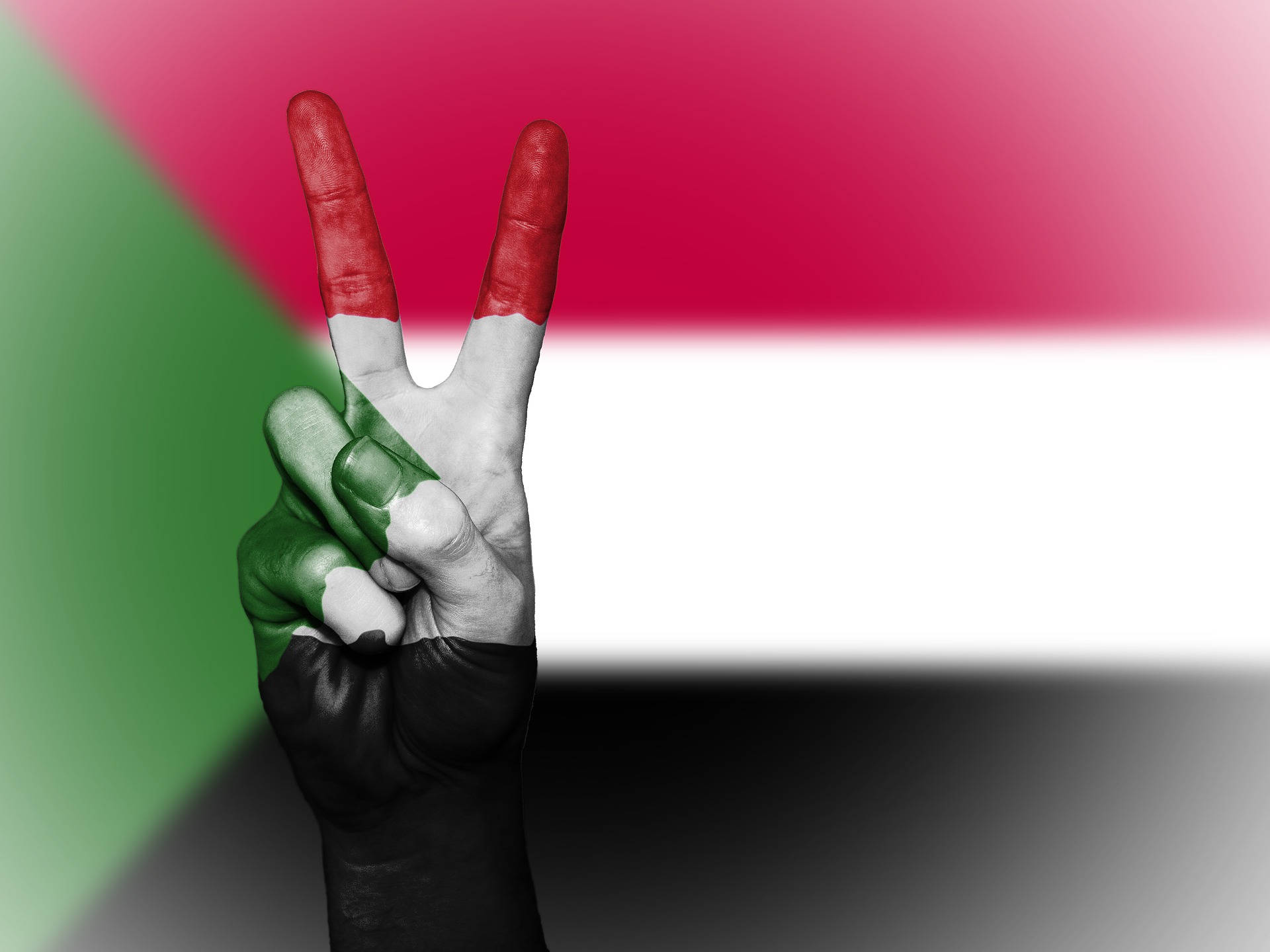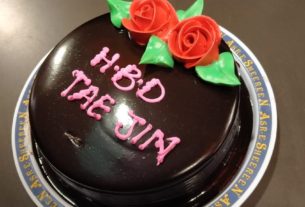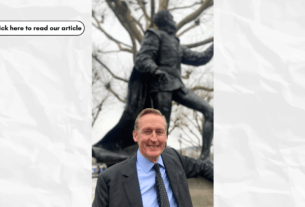Crises exploded in Sudan over a month ago now and after weeks of violence, the West are still relatively lacklustre in their approach to the uprising.
Although violence only erupted in the summer of 2019, unrest began to fester as late as December 2018, after president Bashir’s government introduced swathes of austerity measures on the country.
The introduction of certain rations under this policy caused small scale uprisings to develop across much of the country, with these slowly spreading into much larger movement and the demanding of Bashir’s resignation.
Reaching a head on April 6th, protesters gathered to encourage a military coup of Bashir’s government, resulting in the president being forced out of government just days later.
However, protest against the country’s economic conditions and repressive society continued to envelop the country, with violent backlash from the army resulting in countless deaths and hundreds of serious injuries.
The current protests are being led by professional Sudanese workers, with Doctors and Lawyers making up the bulk of the Sudanese Professionals Association – who are leading the protest against ongoing economic conditions.
The SPA has called for a civilian administration to exercise control during this transition period for the nation, however, this proposal has yet to come to fruition, leading thousands to continue to gather in protest at the Sudanese government.
International condemnation of the governing forces has, as of yet, failed to significantly settle the ongoing situation, with attempts to broker peace, thus far, falling short.
Much of the world has openly supported the protesters, with many of Sudan’s neighbours attempting to influence the military in order to pass control over to the people.
A proposal for a three-year transition from military to civilian control was initially accepted by both sides – with protesters favouring a long transition away from the entrenched government that Bashir created. However, after initially agreeing, the military instead backed fresh elections in just 9 months, allowing for the quicker transfer of power.
Although this quick transfer has been criticised by experts who believe that it would fail to restructure the government and tackle many of the deep-rooted issues; inevitably resulting in the ancient regime in a similar mould to Bashir’s government returning.
In recent days, the protesters have agreed to new terms, with a civilian council consisting of 8 civilian and 7 military officials, allowing the nation to transition towards a more pluralistic and positive form of government – however, the military are yet to respond to the proposal.
Despite the huge numbers of dead and injured over the past month or so, Western media has remained relatively quiet, focusing little attention on the crisis.
This has drawn widespread condemnation from civilians throughout the world, with many yearning for ways they can help.
What can the West do?
Recent work by NowThis has aimed at helping people from outside of Sudan assist in the efforts of the Sudanese civilians, speaking to several protesters about what can be done.
For those looking to help the Sudanese people, simply changing your profile picture in solidarity helps raise awareness of the crisis, with greater awareness giving the protesters significantly more leverage in being able to successfully transition away from the Bashir years.
More importantly however, is ensuring that the political figures in this country are aware of the crisis and are prepared to get involved. Contacting MP’s and other prominent political figures will not only boost the crisis up the political agenda but give significantly more leverage to the civilian population when trying to broker a peaceful arrangement for the nation.
But given the lack of attention given towards the crisis, just talking about it gives a huge boost to the Sudanese people, allowing them to change history. The most important take away is: do not ignore Sudan.
___________________________________________________________________________
Calum Paton is a History and Politics student at the University of Warwick. His writing predominantly focuses on American and British politics. Twitter: @Paton_Calum



